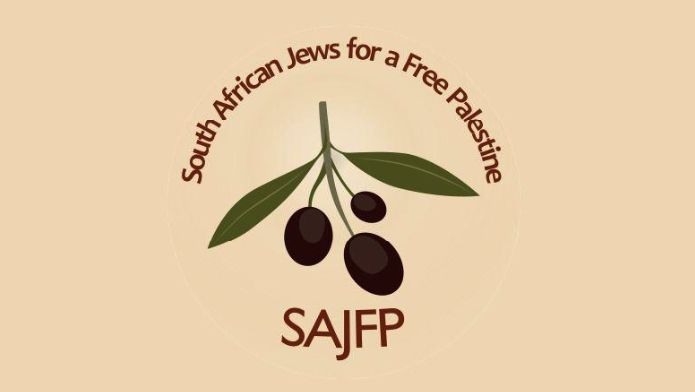I sat listening in delight to the travel stories of a South African man of Croatian heritage as he recounted his trek to the small village where his family originated. There he saw the stone church where his grandfather had been baptised, ate fish from the same river his family had fished from, and touched the lichen-covered tombstones of his forebears.
Because I have a modicum of social grace, I stopped myself from sharing the images that his travel story brought up for me: of my cousin backpacking through Lithuania to find the village where my grandmother was born, of her meeting the mayor of the village, and being shown to a spot in the woods where the Nazis had gunned down it’s Jewish inhabitants, including my great grandparents. Here they had fallen into an open pit that became their mass grave.
The South African Jewish Report recently published a piece called ‘Pressure and Protest’ written by Karen Milner, chairperson of the South African Jewish Board of Deputies, about the recent conference at the Cape Town Holocaust and Genocide Centre. Milner refers to ‘the complex dynamics of Holocaust remembrance, particularly in the aftermath of the tragic events of 7 October’. Milner’s embrace of complexity appears not to extend to the ten Jewish people who stood outside the Holocaust and Genocide Centre silently protesting the Centre’s silence on the atrocities being perpetutated against Gazans by the Israeli army.
Milner accuses this small group of Jewish people of ‘lacking respect for Jewish tradition’, by which I assume she means the traditions of wantonly destroying peoples homes, schools, hospitals and churches; withholding food aid from hungry people, and sexually assaulting people suspected of engaging in acts of terror. I have lived in Jewish communities all of my life, and befriended Jewish people from aross the world, but can’t say I’ve encountered Jewish traditions such as these.
Milner also claims that these protesters ‘lack respect for their Jewish heritage’. Does she believe that the protestors disrespect the prophets who spoke out vociferously against inhumanities perpetuated by man against man, or that they disrespect the rabbis who spoke about all human beings being created in the image of God?
Try as it might, the South African Jewish Board of Deputies with Milner at it’s helm is incapable of claiming sole proprietorship of Holocaust Remembrance. This is because Remembrance is a living entity that is constantly being created and recreated in the neural pathways of all those who Remember. Remembrance belongs not just to historians and institutions, but to families and individuals. It belongs to all who live with the memories as they live in and interact with a world that shifts and transforms around them.
The memory of my great grandparents being gunned down outside their village was vividly awakened in me the morning I woke up to news of the mass graves discovered outside two Gazan hospitals. As I read about a middle-aged man identifying his elderly father by the boxer shorts he had been wearing in his hospital bed, I saw my great grandfather in that elderly man, and the Nazis in the Israeli soldiers who killed and buried him namelessly in a pit.
For others in the Jewish community, memories of starving Jewish people in the Warsaw Ghetto are stirred up by photographs of skeletal Palestinian children. Memories of naked prisoners lining up outside the gas chambers at Aushwitz are conjured up by news stories of Palestinian men being forced to strip down to their underwear. Memories of stolen Jewish valuables are reinvigorated by Tik Tok clips showing Israeli soldiers pillaging from the abandoned homes of Gazan people.
These, Ms Milner, are the memories you invalidate as you shun the Jewish people who protest outside the Cape Town Holocaust and Genocide Centre. It isn’t their ‘practice of Jewish tradition’ or their ‘lack of respect for their Jewish heritage’ that irks you. Rather it is their act of Remembrance itself, dissonant as it is from the ‘Perpetual Victim’ narrative that you and the South African Jewish Board of Deputies constantly seek to promulgate, and which you apply to the State of Israel despite it being the Oppressor of millions of Palestinian people.
Written by: Noga Yid

